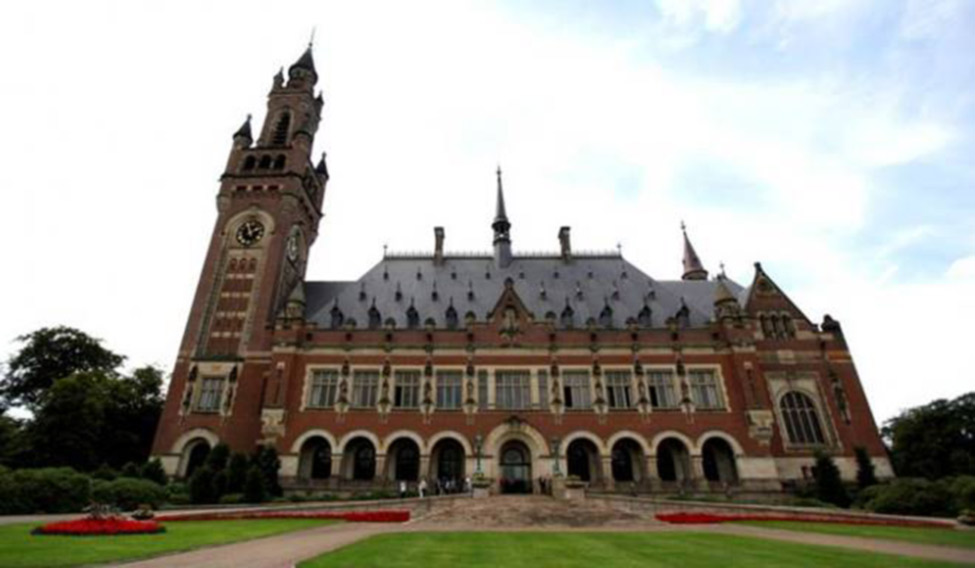India has asked the UN member nations to follow democratic principles and re-elect Dalveer Bhandari as a world court judge by accepting the global majority he has received in the General Assembly.
The election "has to be decided on the floor of the house" and not the Security Council, India's Permanent Representative Syed Akbaruddin said. "We are a democratic country; we will abide by democratic verdict. We urge all others do too."
The election of Bhandari, who received an almost two-thirds majority with 121 votes in the 193-member Assembly, is being blocked by the Security Council, where Christopher Greenwood from permanent member Britain has gotten nine votes in the body with 15 members. A candidate has to get absolute majorities in both chambers to be elected.
The runoff between Bhandari and Greenwood has reached the "tipping point" with third election meetings scheduled for Monday to break the deadlock that has persisted through 11 rounds of balloting over two meetings in the Assembly and 10 rounds in the Council.
With the election now a test of wills between the high-powered, but unrepresentative Council and the globally inclusive Assembly, Akbaruddin told representatives of about 160 countries at a reception for Bhandari on Thursday: "The General Assembly reflects the spirit of 'We the People'.
"All the contests in the past have ended by taking cognisance of the sentiment and spirit that the universal membership of the General Assembly has reflected."
General Assembly President Miroslav Lajcak was having a round of meetings on Friday afternoon with Security Council President Sebastiano Cardi and officials of the UN legal and General Assembly departments in preparation for the balloting on Monday, his spokesperson Brenden Varma said.
Ahead of the balloting, India is fighting against rumours floated by Greenwood's supporters aimed at discouraging voting for Bhandari by saying India and Britain were in talks for him to withdraw or that a joint conference made up of three representatives each from the Assembly and the Council would decide the election.
India opposes the UN using a joint conference if the deadlock persisted after Monday's voting, calling it a "can of worms" that would challenge the will of the UN majority.
"We understand that some impression is being sought to be created that India and UK are in talks and Judge Bhandari may withdraw, as he may not be allowed to win," Akbaruddin said.
"We are here," he declared. "We intend to stay the course until the will of the majority prevails."
As for a joint conference, Akbaruddin said the UN cannot go back to a "toolkit" from age ago that has, in fact, never been used in its history.
"We also understand that there is talk of a joint conference mechanism to break the deadlock," Akbaruddin said. "Let me tell you right now upfront that not one person has approached me with this proposal, certainly not the representative of the country whose candidate is being faced."
"The precedent is clear," he said. "As is expected in the 21st century, the candidate who enjoys overwhelming support of the General Assembly membership can be the only legitimate candidate to go through."
He cited the outcome of the ICJ elections in 2011 and 2014 when the candidate who won the Assembly majority prevailed.
Susana Ruiz Cerutti of Argentina won in the Council and Patrick Lipton Robinson of Jamaica in the Assembly in the 2014 ICJ election. After 12 rounds of voting, Cerutti withdrew gracefully.
In 2011, Julia Sebutinde of Uganda had a majority in the Assembly and Abdul Koroma of Sierra Leone in the Council. When the deadlock continued after the 10th round of balloting in the Council and 11th in the Assembly, the African Union prevailed on Sierra Leone to back off.





